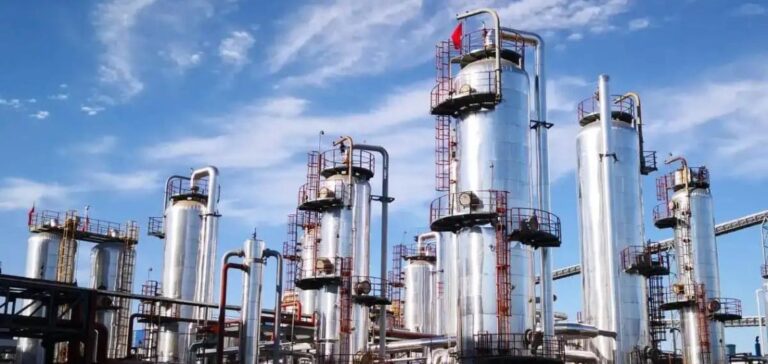NewEnergyBlue has completed the acquisition of biomass conversion technology from Inbicon, owned by Danish renewable energy player Ørsted . This transaction includes Inbicon’s international patent portfolio and enables NewEnergyBlue to extend its bioconversion technology licenses beyond the Americas, now covering global markets.
This diversification strategy is aimed at capturing new opportunities in the fast-growing second-generation biofuels sector.
By appropriating this technology, developed in Denmark 25 years ago, NewEnergyBlue is targeting the exploitation of various agricultural residues such as corn stalks in the Americas, wheat straw in Europe, and sugar bagasse in Latin America and India.
The aim is to convert these materials into bioethanol and other biochemical products for low-carbon industrial applications.
Process optimization and cost reduction
Inbicon technology is based on a bioconversion method that fine-tunes the thermodynamics of chemical processes, eliminating the need for aggressive additives.
The process produces, among other things, purified water, in addition to second-generation bioethanol.
Simplifying and optimizing the process potentially reduces operating costs, while meeting regulatory requirements for sustainable development in several key regions.
The first commercial implementation of this technology took place in Kalundborg, Denmark, where the Inbicon refinery demonstrated the industrial feasibility of converting wheat straw into bioethanol and usable by-products.
This refinery model has attracted the interest of energy industry players looking to diversify their portfolios with alternatives to traditional fossil fuels.
Development of New Energy Freedom in the United States
NewEnergyBlue has announced the development of the New Energy Freedom refinery in Mason City, Iowa, with commissioning scheduled for 2026.
The facility will use technology acquired from Inbicon to annually process corn stalks into bioethanol and clean lignin.
The bioethanol produced will be used in the automotive fuel market and will be converted downstream into plastics by Dow Chemical, a US company involved in sustainable materials.
Lignin, a residue from production, also has applications in the manufacture of polymers and binders, offering an alternative to petroleum-derived products in the building materials and road surfacing industries.
Integrating this technology diversifies potential revenue streams and meets the growing demand for more sustainable energy and material solutions.
Partnership and collaboration opportunities
In addition to its own activities, NewEnergyBlue is exploring partnerships with international companies and research centers to improve and adapt bioconversion technology to the specific needs of each market.
The newly acquired global licenses enable the company to offer a range of technological solutions that extends beyond traditional markets.
Once the New Energy Freedom project is up and running, the company plans to create a dedicated biomass technology campus, aimed at bringing together experts and partners around innovation in this sector.
The growing interest in bioconversion solutions stems in part from government incentives and favorable policies aimed at reducing dependence on fossil fuels, and diversifying energy supply sources.
NewEnergyBlue could capitalize on these trends to attract investors and collaborators keen to take advantage of these structural changes in the industry.
Market impact and strategic implications
This acquisition positions NewEnergyBlue as a major player in biomass conversion technologies, a growing market fuelled by energy concerns and transition policies.
The combination of Inbicon’s technology and NewEnergyBlue’s scale-up strategies offers operational flexibility and competitive advantages, particularly in terms of cost and environmental compliance.
For players in the energy sector, mastering these technologies represents a strategic response to the pressure to reduce carbon emissions and increase the share of renewable energies in the global energy mix.
Consolidation moves, such as NewEnergyBlue’s acquisition of Inbicon, are a clear indication of the dynamics underway in this field, where companies are seeking to secure strong market positions through innovation and vertical integration.






















